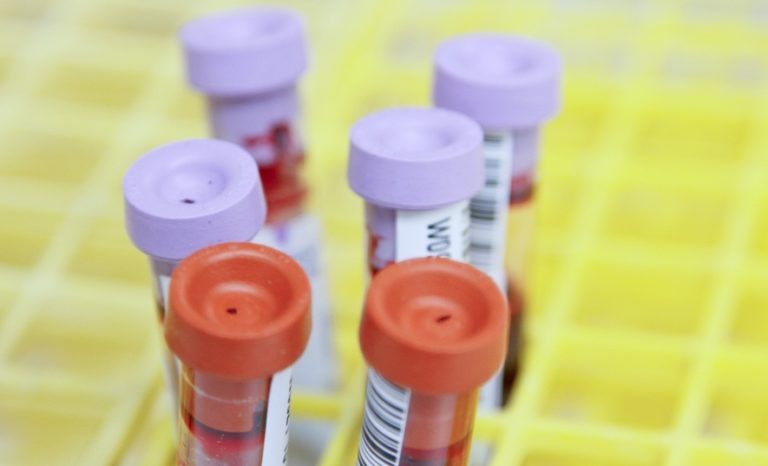November 15, 2021: “The U.S. FDA is taking several important actions to support ongoing nationwide COVID-19 testing efforts.
These actions are aimed at further increasing access to accurate and reliable COVID-19 tests, particularly diagnostic tests that can be performed at home or in places like doctor’s offices, hospitals, urgent care centers and emergency rooms without having to be sent to a central lab for testing.
“In addition to vaccination efforts, testing remains a cornerstone of the national response to the pandemic and plays a central role in helping Americans get back to work, school and other important activities, particularly as the holiday season approaches.
The FDA remains committed to helping to increase the availability of tests that will have the biggest impact on the nation’s ongoing COVID-19 testing needs, such as at-home and point-of-care diagnostic tests that can be produced in high volumes,” said Jeff Shuren, M.D., J.D., director of the FDA’s Center for Devices and Radiological Health.
“By focusing our review on these types of tests, and helping to ensure that available tests have appropriate oversight, we can better respond to the pandemic as the nation’s testing needs continue to evolve.”
To date, the FDA has authorized over 420 tests and sample collection devices that provide a wide array of test options. Since the start of the pandemic, the FDA has adapted its regulatory approach to address the public’s testing needs and has been working closely with test developers to adjust as those needs have changed.
These efforts have helped increase testing capacity and broaden public access to rapid tests, including those purchased over the counter (OTC).
The FDA’s recent authorizations alone may result in up to 400 million more OTC tests available monthly to American consumers by early 2022.
Key Policy Highlights
Today, the U.S. Department of Health and Human Services withdrew a policy that directed FDA not to enforce premarket review requirements for laboratory developed tests (LDTs). This action will help ensure that COVID-19 tests are accurate and reliable.
The FDA today also updated its policies regarding tests, including LDTs, currently being offered prior to or without authorization, as well as policies regarding the types of tests on which the FDA intends to focus its review.
Moving forward, the FDA generally intends to focus its review on emergency use authorization (EUA) requests for the following types of tests:
- At-home and point-of-care (POC) diagnostic tests for use with or without a prescription and that can be manufactured in high volumes;
- Certain high-volume, lab-based molecular diagnostic tests (and home collection kits for use with such tests) that expand testing capacity or accessibility such as through pooling of specimens to increase throughput, testing specimens collected at home and shipped to the lab, screening asymptomatic individuals or detecting multiple different respiratory viruses at once;
- Certain lab-based and POC high volume antibody tests that can measure the amount of antibodies (fully quantitative antibody tests) or the amount of neutralizing antibodies; and
- Tests for which the request is from, or supported by, a U.S. government stakeholder, such as the Biomedical Advanced Research and Development Authority or the National Institutes of Health’s Rapid Acceleration of Diagnostics.
Developers of other tests may consider pursuing marketing authorization through traditional device review pathways such as 510(k) notification or De Novo classification.
As discussed in the guidance being reissued today, ‘Policy for Coronavirus Disease-2019 Tests During the Public Health Emergency (Revised),’ the FDA now generally expects newly offered COVID-19 tests, including LDTs, to have an EUA, or traditional marketing authorization such as a granted De Novo or cleared 510(k), prior to clinical use.
As discussed in the previous COVID-19 test policies, some developers were offering their tests prior to or without an EUA after the test was validated and a notification was provided to the FDA.
Those policies were intended to expedite the availability of tests, though led to some poorly performing tests being offered prior to FDA review.
Importantly, the policies never applied to at-home or home collection tests. With that in mind, and given the number of authorized tests available, the FDA is ending those notification policies going forward.
For tests currently being offered without the submission of an EUA request, the FDA generally expects the submission of an EUA request as described in the guidance.
For such tests and notified tests with pending EUA requests, FDA generally intends to review the EUA requests and, if the test is not subsequently authorized, expects developers to cease marketing the test within 15 calendar days of being notified.
Additionally, the agency today issued an umbrella EUA for serial testing with certain molecular diagnostic tests developed by laboratories.
These tests will be able to be used for testing at regular intervals as part of serial testing programs, such as those established at places like schools, workplaces or community groups.
The umbrella EUA efficiently authorizes certain tests to help increase access to accurate and reliable molecular diagnostic tests.
The FDA will continue to offer support and expertise to help with the development of accurate and reliable tests, and to facilitate increased access to tests for all Americans.”












